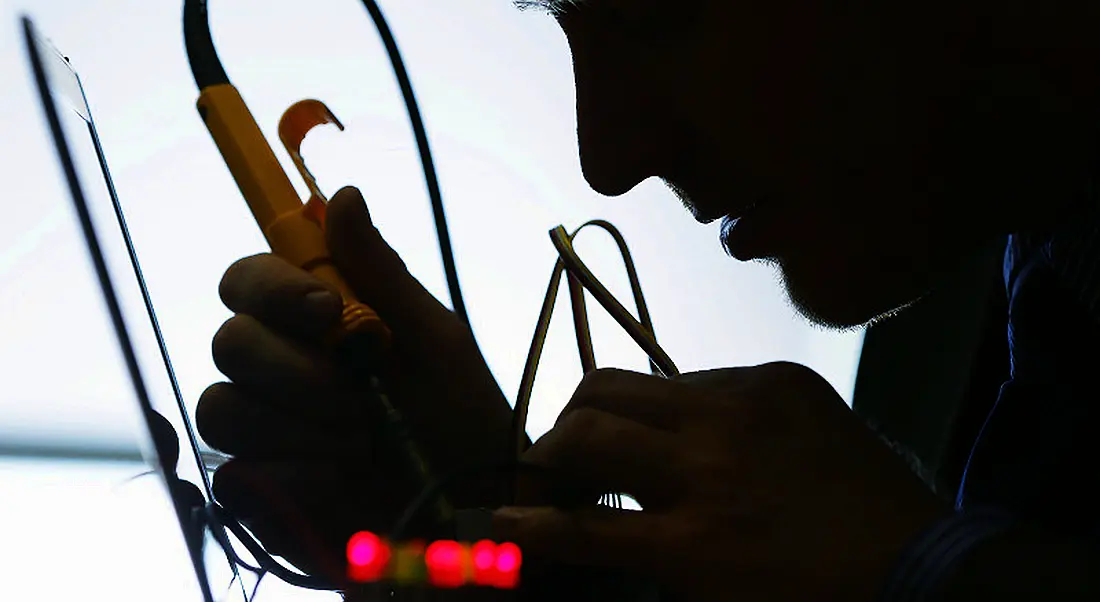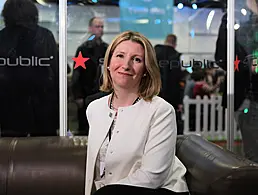The push to get coding onto the Junior Cert curriculum in Ireland is making steady progress behind the scenes, with schools up and down the country starting to implement classes.
Last month, Intel hosted a get together that might prove more significant than it first looked, with more than 50 teachers from around the country learning how best to teach coding to kids.
Armed with 900 Galileo Gen 2 Boards – more than enough for the 19 schools trialling the new coding short courses – they were then sent back to their various schools to spread the word.
It’s part of a vast approach to overhaul the Junior Cert cycle, with pretty much everything up for discussion at the moment. But, while English and science get evaluated out in the open, it’s coding that is already trialling in the background.
Big reform
“There’s big reform going on in the junior cycle, basically trying to get rid of rote learning,” explains Clare McInerney of Lero, which, along with Intel and Junior Cycle for Teachers (JCT), is driving the coding change.
For years, short courses have been planned for the junior cycle, but it took a while to get anything in place. In 2014, when the National Council for Curriculum and Assessment (NCCA) finalised seven different subjects, JCT got into gear. “They were involved straight away. Coding was topical, there was a desire for it,” says McInerney.
Last summer, things really started to build, with events at the end of 2015 the result of a lot of hard work. 19 schools were chosen from around the country – from more than 120 that applied – to trial out the coding course, in particular, which is already well ahead of many of the other short courses up for testing.
Christine Carew and Bernie O’Driscoll, both from St Nessans Community College, at the Intel day. Image via Marc O’Sullivan
Out in the wild
Teachers met up at Lero, initially, where they were shown resources that they could use. They then met in Intel, where they were given the Galileo boards and now, out in the wild, they’re hard at it.
Some schools are drawing up lesson plans, others are already diving straight in with classes and, pretty soon, we should get a picture of how well it’s all going – a meeting is planned for April to assess what, if anything, is working on the ground.
“The running and management of short courses is up to the school themselves to decide,” says Fred Boss, the education officer with the NCCA.
Schools are being advised not to take on too many short courses to begin with in order to maintain and make their commitment to the Junior Cycle more manageable at the start.
“However, as short courses are designed with a duration of 100 hours, it is possible for them to be run within one, two or across all three years of a student’s junior cycle experience,” says Boss.
“It’s likely that most schools will opt for a two-year approach, but, again, this is an individual decision for all schools.”
A public and private push
The push for coding is coming from everywhere. Teachers, clearly, are enthusiastic. Government, perhaps, is a bit behind. But the tech industry? Companies are crying out for more people to fill the talent gap.
Intel’s Paul Phelan noted 500,000 jobs involving coding that need filling exist across Europe, with his company’s push to provide actual hardware to the education system as clear a cue as possible that private entities want the public system to help them out.
Last month, the head of Google in Ireland, Ronan Harris, said that Ireland is the data capital of Europe and, thanks to the large presence of companies like Google, Facebook, Twitter, Dropbox, Dell, IBM, Microsoft and many others, stands at the global intersection of data.
As a result, Ireland is the envy of Europe. Harris said it is up to Ireland to make the most of this new resource by making correct decisions in terms of policy, such as regulation, education and infrastructure.
Fionnuala Meehan, Google’s MD of EMEA sales, recently told us “that this is the thing that is going to get maximum exposure for the generations to come”, and it’s high-time we started giving school kids the tools to enter the modern working environment.
So, right now, across schools in the likes of Dublin, Offaly, Limerick, Kilkenny, Cork and Galway, that’s finally happening. Hopefully it sticks.




